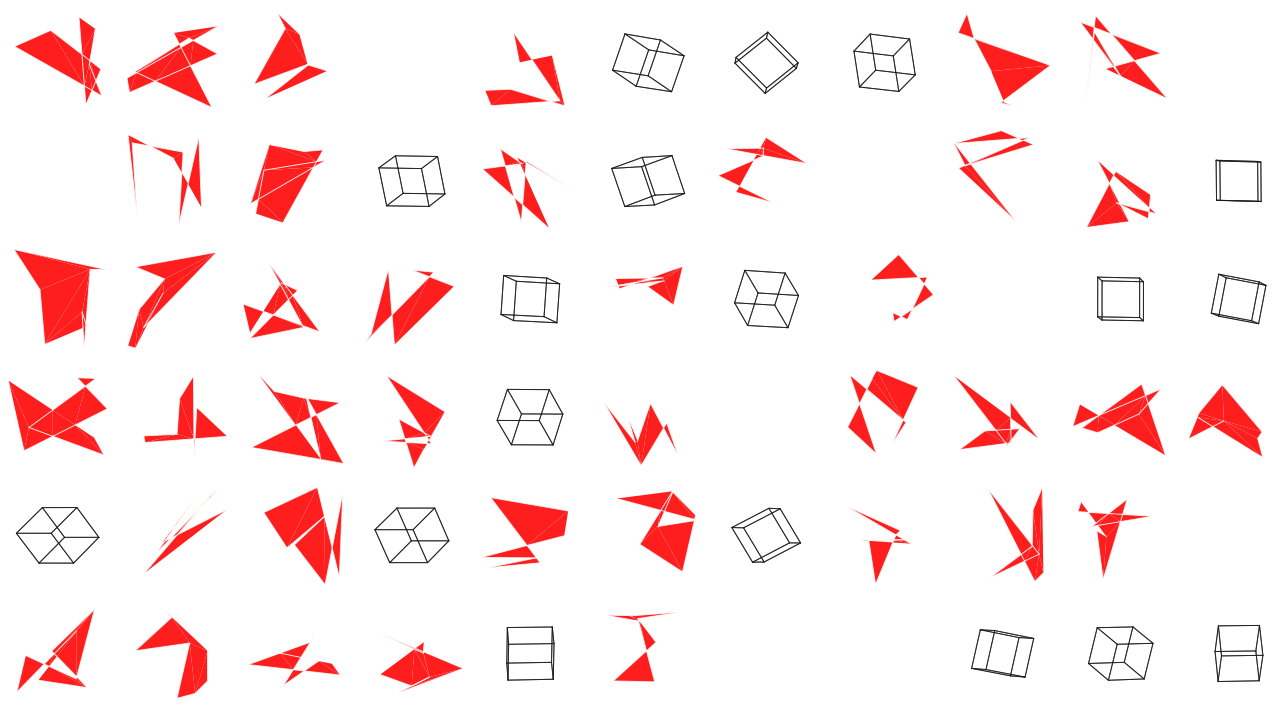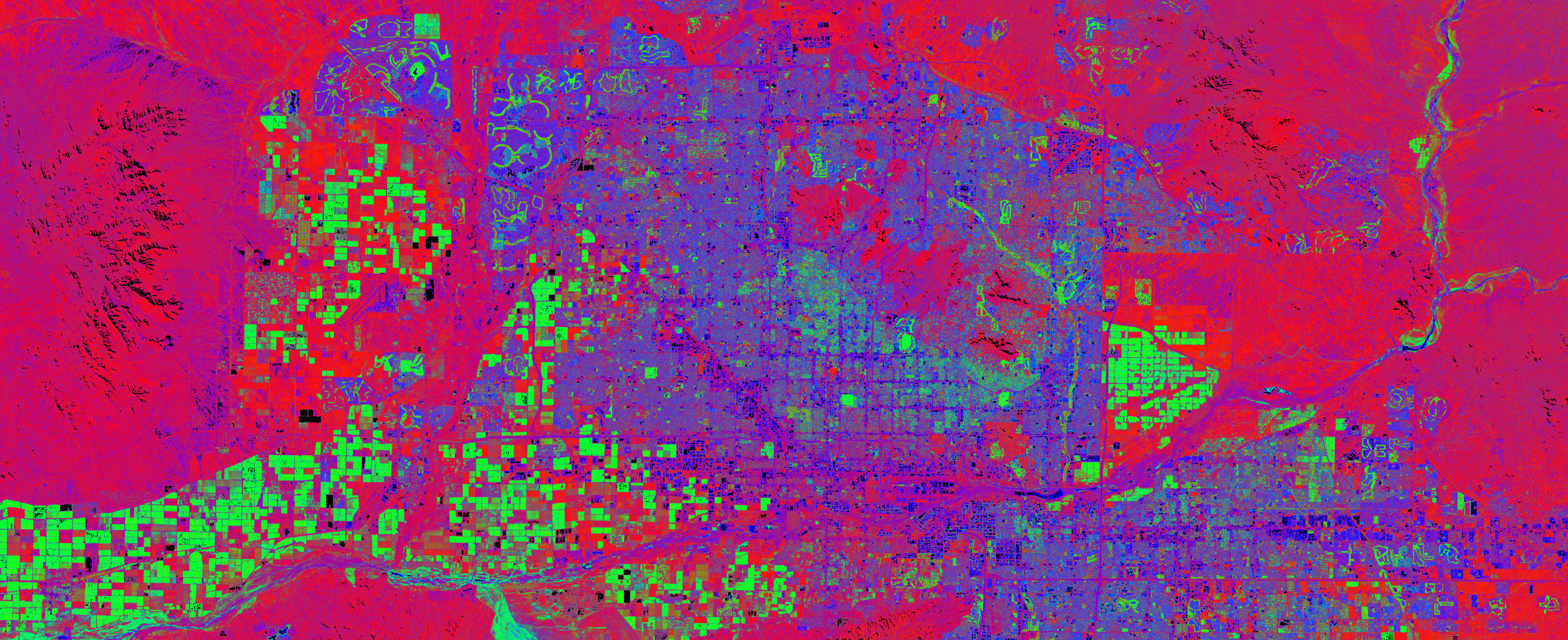The social worth of art without value
Today’s topic is participation in art. The texts behind this article make a particularly convincing case that we’re in dire need of dismantling of surface-level tropes around artistic participation, if we’re to save art as a socialised and social action.
Read more

.jpg)












